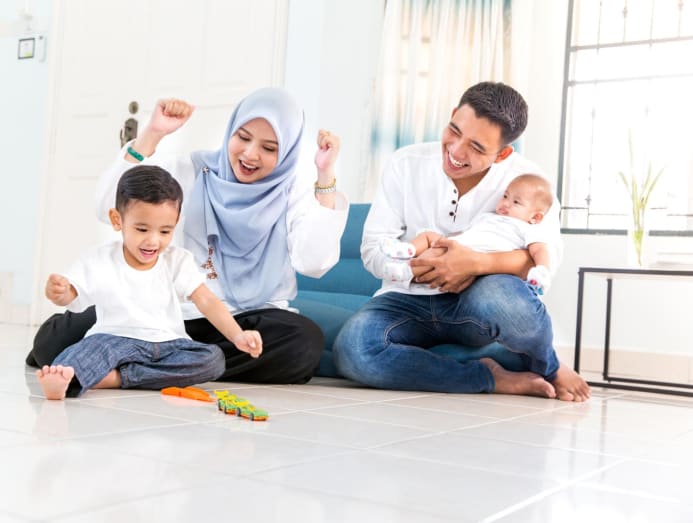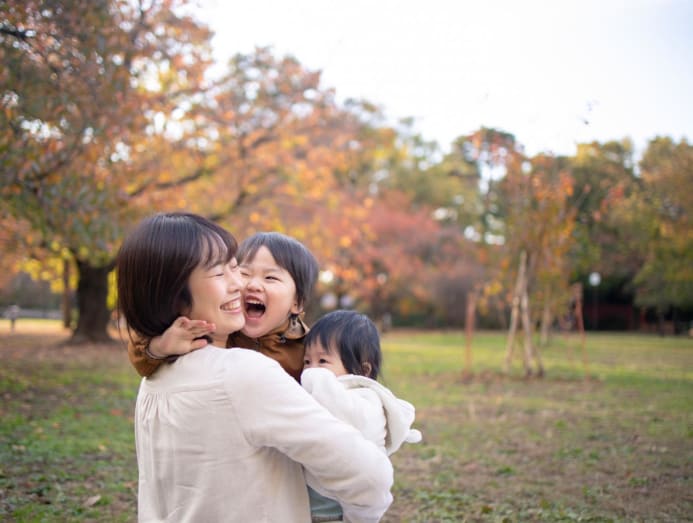A second after the plastic shovel hit my son’s arm, the other boy’s mother was rushing toward the sandbox, a look of Can’t I relax for five seconds? on her face. I made my way over too – probably with the same expression – trying to signal that it was fine (my son was busy playing with some other germy, sandy toy and barely seemed to notice), but she was already on her knees, eye level with her son, speaking in language that many millennial parents would recognise.
“I see that you’re frustrated,” she said, looking exhausted. “You wanted to play with that bucket, and somebody else is taking a turn, and that is hard.” I joked, “Ah, naming the feeling,” and added a comment about how my boys are basically feral by the end of the weekend. I felt bad that she thought such a normal thing – toddlers throw! Toddlers are maniacs! – required so much effort in response.
But that’s the earnest vibe in parenting circles these days. Parents seem to be reading from a script they saw on Instagram, trying their best to be empathetic in moments when they might want to simply say “Stop it” or “Because I said so.”
There’s not a lot of irony on the playground. Snark – the reigning tone of Gen X parenting blogs (and the internet more widely) in the aughts and early 2010s – is distinctly out. Millennial parents, guided by influencers, are proudly try-hard, embracing the notion that a kinder, more respectful parenting style can also be a form of self-healing.
“HARDEST JOB IN THE WORLD”
“Gentle parenting,” an approach that steers away from punishment and focuses instead on helping children become more self-aware, is the term that has caught on, but it’s sometimes used as a catchall for a set of emotionally focused parenting styles. The prevailing ethos is that it’s important to acknowledge and understand a child’s feelings while maintaining boundaries, and that parents, in turn, benefit from recognising their own feelings.


